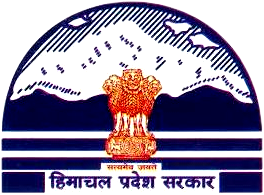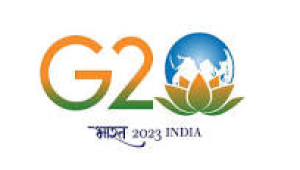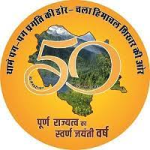COs 5th Semester ECE
| Digital Communication EC 501 | |
|---|---|
| CO1 | Apply the knowledge of sampling theory and practices in digital communication |
| CO2 | Understand the signalling over AWGN channel and Gram Schmidt Orthogonalization process. |
| CO3 | Explain the concept of inter-symbol interference, nyquist channel and eye patterns in baseband data transmission. |
| CO4 | Analyse the performance of various line codes. |
| CO5 | Describe the generation, detection, signal space representation and probability of error analysis of digital modulation techniques. |
| Electromagnetic Field Theory EC 502 | |
| CO1 | Define and recognize different coordinate systems to describe the spatial variations of the physical quantities dealt in electromagnetic field theory as they are functions of space and time. Apply different techniques of vector calculus to understand different concepts of electromagnetic field theory. |
| CO2 | Explain fundamental laws governing electromagnetic fields and evaluate the physical quantities of electromagnetic fields (Field intensity, Flux density etc.) in different media using the fundamental laws. |
| CO3 | Apply Maxwell equations for solving complex electromagnetic problems. |
| CO4 | Generalize the concepts of guided structures like transmission line, means of transporting energy or information, commonly used in power distribution and communication. |
| Electronic Measurements & Measuring Instruments EC 504 | |
| CO1 | Explain the concept of measurement and related instrumentation required. |
| CO2 | Familiarize with construction and working of different types of ac and dc bridges. |
| CO3 | Analyse the principles of various types of sensors, transducers and data acquisition system |
| CO4 | Impart with the basic concepts of CRO, electronic instruments and their usage for the measurement of various parameters. |
| CO4 | Apply the knowledge of Display Devices, Recorders and telemetry and other measuring instruments in practical fields |
| Power Electronics EC 505 | |
| CO1 | State various power electronics devices like Diode, Transistors, MOSFETS, GTO, DIAC, SCR Etc |
| CO2 | Describe basic operation and compare performance of various power semiconductor devices, passive components and switching circuits. |
| CO3 | Demonstrate power converter circuits using suitable waveforms. |
| CO4 | Compare cycloconverts and Choppers at the system level and assess the performance. |
| Introduction to Microcontrollers for Embedded Systems EC 506 | |
| CO1 | Explain the various architectural considerations of an embedded system. |
| CO2 | Analyse various peripherals of MSP430 microcontroller. |
| CO3 | Describe the Timers and PWM in MSP430 |
| CO4 | Distinguish between various communications protocols in MSP430. |
| CO4 | Implement a complete embedded system using MSP430 controller. |
| Power Electronics & EMMI Lab EC- 511 | |
| CO1 | Analyze the I-V characteristics of SCR, DIAC and TRIAC |
| CO2 | Identify different measuring instruments for the measurement of various electrical and non-electrical parameters |
| CO3 | Select various transducers for the measurement of physical quantities like temperature, pressure, distance and displacement. |
| Introduction to Microcontrollers for Embedded systems lab EC 512 | |
| CO1 | Demonstrate the features of MSP-EXP430G2 Launchpad and Energia IDE. |
| CO2 | Practice different types of programming using the MSP430 Launchpad peripherals such as GPIOS, Timers and PWM |
| CO3 | Develop testing and experimental procedures on MSP430 launchpad and their operation under different cases. |
| CO3 | Prepare professional quality textual and computational results, incorporating accepted data analysis and synthesis methods, simulation software, and word‐processing tools. |
| MATLAB and its application in communication systems EC- 513 | |
| CO1 | Practise and gain hands on experience of all the theoretical concepts of communication systems. |
| CO2 | Familiarise with the software matlab and its simulations. |
| CO3 | Work in teams and prepare formal reports |
| CO4 | Demonstrate practical knowledge of the subject when required in industry |





